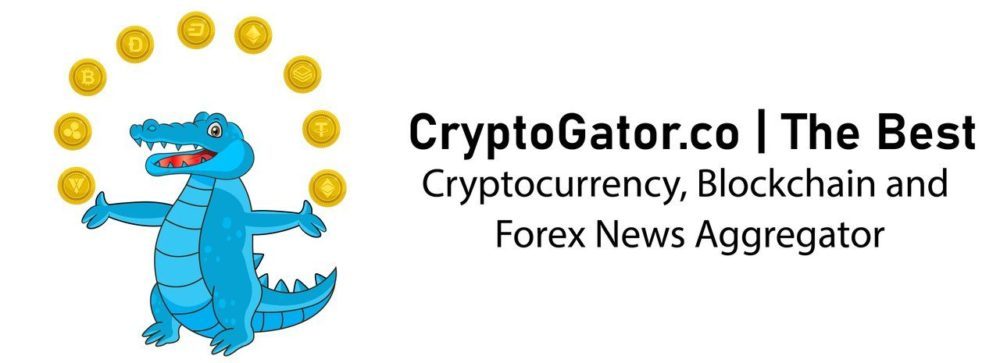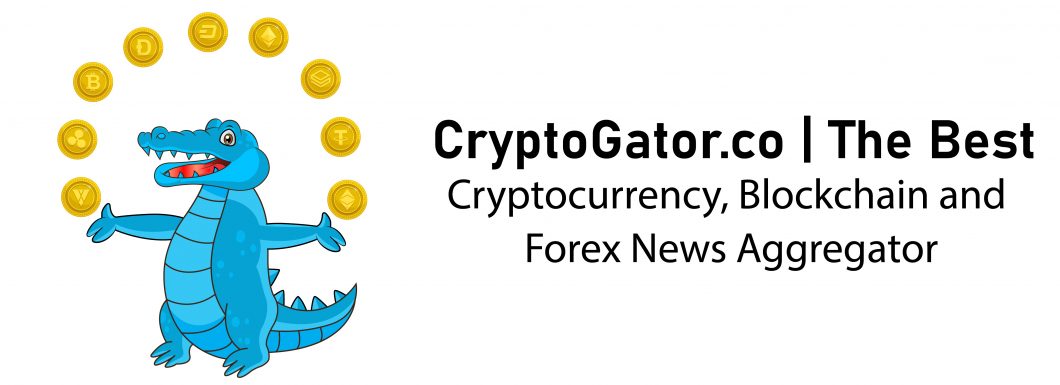Gemini, the
cryptocurrency exchange founded and operated by the Winklevoss twins, has
announced the launch of a non-US crypto derivatives platform dubbed Gemini
Foundation. In response to regulatory pressure in the United States, another
platform has decided to move its derivatives branch outside the country’s
borders.
Gemini to Launch Gemini
Foundation Crypto Derivative Platform
The first
products offered by Gemini Foundation will be based on Gemini dollars (GUSD),
the exchange’s proprietary stablecoin, and will be used for settling Bitcoin
(BTC) perpetual contracts. Similar contracts based on Ethereum (ETH) are
expected to be introduced in the near future.
The new
platform will allow investors to gain short and long exposure to crypto assets
by trading on spot and derivative markets. According to a press release posted
on the exchange’s website, users from the United States will not be able to use
its services. The list of approved traders includes those from Asia, South
America, Australia, the Middle East, and several European countries.
“Singapore,
Hong Kong, India, Argentina, Bahamas, Bermuda, British Virgin Islands (BVI),
Bhutan, Brazil, Cayman Islands, Chile, Egypt, El Salvador, Guernsey, Israel,
Jersey, New Zealand, Nigeria, Panama, Peru, Philippines, Saint Lucia, Saint
Vincent & Grenadine, South Africa, South Korea, Switzerland, Thailand,
Turkey, Uruguay, and Vietnam,” Gemini Foundation listed.
The
platform will offer trading with leverage up to 100:1, with the basic leverage
level set at 20:1. Users will be able to execute transactions in USD, USDC, and
GUSD. However, if they convert their funds into Gemini’s stablecoin, they will
not incur any additional transaction costs.
“Gemini Foundation will
continue to expand its derivatives offering in the coming months. We’re just
getting started, so stay tuned,” the blog post concluded.
1/ Gemini Foundation’s BTC perpetual contract is now available for early, limited access to select customers! More availability soon. Visit https://t.co/UX9D7DCXfN to sign up for priority access and to be notified when Gemini Foundation is available for you. pic.twitter.com/GnfOludtUs
— Gemini (@Gemini) April 24, 2023
Regulators’ Pressure on
Crypto in the US Grows
The
information emerges almost a month after Finance Magnates reported that Gemini was exploring the possibility of launching an international derivatives
trading platform. This move is driven by the ban on retail traders trading such
instruments in the United States and the increasing regulatory pressure from
the Securities and Exchange Commission (SEC) and the Commodity Futures Trading
Commission (CFTC).
According
to Bloomberg, Coinbase is considering a similar move, examining the
potential of opening up to jurisdictions outside the United States. The San
Francisco-based platform has been operating in the market for 11 years and is
one of the oldest in the industry, and the only cryptocurrency exchange in the
world to have its listing on Wall Street. However, recent attempts to tighten
regulations have also prompted the exchange to consider relocating.
The series
of regulatory actions by the SEC and CFTC are a consequence of the collapse of
the FTX exchange in November of last year. For example, in February, the
cryptocurrency exchange Kraken closed its staking-as-a-service and paid a $30
million settlement to the SEC, and a month later announced its intention to
transform from an exchange into a cryptocurrency bank to resolve regulatory
disputes. In a separate case, the CFTC sued Binance a month ago for operating an
illegal derivatives exchange in the country.
Gemini is a
crypto company founded in 2015 by Cameron and Tyler Winklevoss, billionaire
twins who were Olympic rowers in the past and now run many businesses,
including a cryptocurrency exchange. Although they began their entrepreneurial
journey at the age of 13 by building websites, the Facebook settlement provided
them with a significant cash injection, as they received $65 million from Mark
Zuckerberg. They claimed that he had stolen their idea and part of the code
they had paid him to write.
This article was written by Damian Chmiel at www.financemagnates.com.



